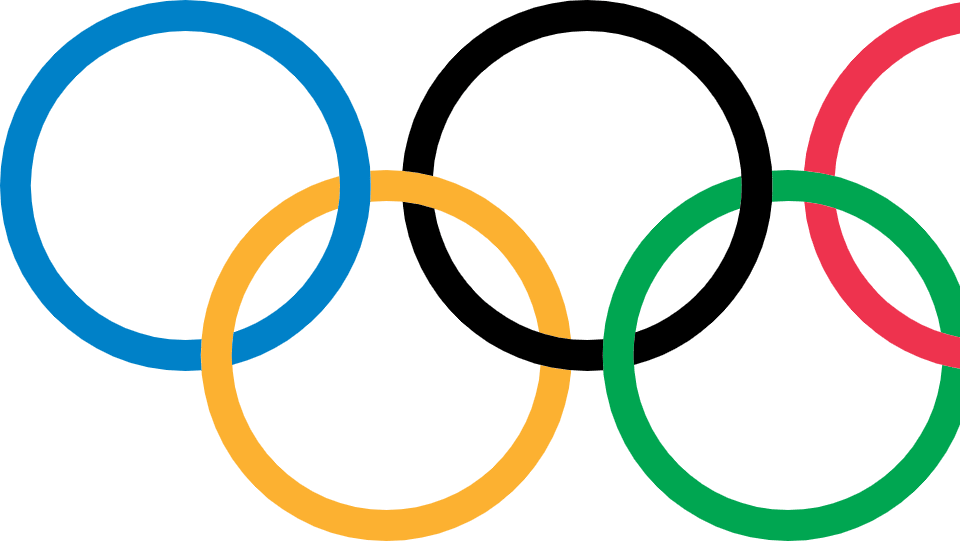IOC on Youth Athletic Development: Aim high while keeping it healthy, balanced and fun!
A panel of International Olympic Committee (IOC) medical and scientific experts calls on all youth and sport governing bodies to embrace and implement its evidence-based best practices and recommendations for youth athletic development.

Protecting athletes’ health and preventing injuries and illnesses in sport are top priorities for the IOC and its Medical and Scientific Commission. The benefits of sports participation on the health, fitness and well-being of young people has been well proven; nonetheless, there are considerable challenges in trying to maintain inclusive, sustainable and enjoyable participation for all levels of athletic achievement. In an effort to advance a more unified, evidence-informed approach specific to youth athletic development, an IOC panel of experts met last November to evaluate the current state of the science and practice of youth athlete development.
This IOC-convened consensus meeting resulted in a series of recommendations for developing healthy, resilient and capable young athletes, while providing opportunities for all levels of sports participation and success. The recommendations and outcomes resulting from this meeting have been published in the British Journal of Sports Medicine and are now available here.
The Challenge
Youth athletic development presents an array of complexities. Firstly, sports performance during youth is underpinned by a range of physical and physiological variables that are governed by the timing and tempo of growth and development, a rate which is unique to each individual and continuously changing. Athletic development, with its multidimensional elements, can then be difficult to assess in young athletes as the trajectories from the novice to elite levels can vary greatly among athletes. Consequently, the identification of new young talent and optimal athlete development remains variable and challenging.
Additionally, the expectations and demands, both physical and emotional, placed on athletes have nowadays increased. Concerns for the harmonious development and well-being of young athletes have thus never been greater, nor has the need to define best practices in youth sport ever been timelier.
Striking the right balance: A Call to Action
The recommendations of the IOC Consensus on Youth Athletic Development emphasise proven best practices to minimise illness and injury risk, enhance well-being and promote sustainable, enjoyable, long-term athletic development, performance and success in all young athletes. They underline that this requires embracing individual athlete progression, centred on the whole athlete and development of the person, while assisting each athlete in effectively managing a sport-life balance to be better prepared for life after sport.
Through this Consensus Statement, the IOC is taking a leadership role in promoting youth athletic development, which places the well-being of young athletes at the forefront of its efforts and calls on all youth and sport governing bodies to implement these recommendations, which would ensure healthier, more inclusive and sustainable sports participation, optimal fun and performance, and life-long athletic success.
Read the Consensus Statement on Youth Athletic Development here